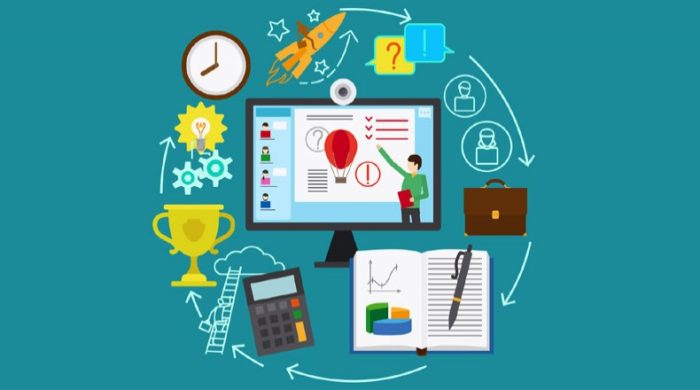Learning transferable skills

- Update Time : Saturday, January 6, 2024
- 52 Time View

A LOOK at the history of education indicates that there has always been an interchange between education and the world of industry. Every year, a vast majority of graduates enter the workplace and make practical applications of the theoretical knowledge they have acquired in schools and universities. When these students are equipped with the right skills and knowledge as required by their economic and industrial conditions, they can play a massive role in shaping a sustainable economic structure for their country. A well-trained workforce with industry-fit skills has the power to drive innovation, productivity, and global competitiveness.
Bangladesh has particularly great potential to harness skilled young individuals against the backdrop of a growing population and favourable demographic dividends. As the world evolves at a fast pace with new technologies, advanced AI, blockchain, and NFTs, being industry-oriented means two things: keeping up with the industry and evolving with the industry. In other words, the relationship between education and employment is determined not only by the function of education to prepare learning for subsequent work tasks but also by ensuring that education is evolving continuously as lifestyles do so as well.
A study by the Bangladesh Institute of Development Studies in 2022 found that the industrial sectors of the country are experiencing a 30 per cent skills gap. The study reveals that only 3.65 per cent of the labour force in Bangladesh receives training each year, but the rate is only 1.35 per cent in 10 specific sectors. Typically, educational institutions focus more on theories, but students require practical knowledge as well. This means a collaboration of both industry and academia for an industry-oriented education that concentrates on both theoretical and practical skills.
Fresh graduates can survive in the fast-paced world of digitisation when educational institutions set their focus on the industries and train their students to work. For instance, a number of educational institutions have taken a significant step towards bridging the gap between academia and industry. These institutions have partnered with many foreign educational institutions and other organisations to offer their students enhanced opportunities such as internships, placements, and training programmes. These activities will provide students with first-hand practical experiences and a great opportunity to utilise educational learning.
Simultaneously, the government has also initiated programmes required for the current and future industry. A project titled ‘ProGRESS’ has been launched recently by the education ministry and the International Labour Organisation, Bangladesh, focusing on strengthening the TVET (technical and vocational education and training) and enterprise development systems in Bangladesh. The project also plans on making skill development training more inclusive and accessible for women working on policies, systems and operational levels. Whether it is through educational institutes, government initiatives, or online platforms, students seeking updated industry-oriented skills can access different mediums that provide quality and globally acclaimed skills.
In today’s world, nothing is as important as the young generation, who will take our country forward on all fronts. Along with equipping students with the right skills, it is also crucial to teach them about leading the way and always being on their toes to keep up with the competitive environment and fast pace. This, combined with academic and practical skills, will make a huge difference and, ultimately, produce employable graduates.
Sumaiya Binte Kabir is a senior lecturer at Universal College Bangladesh.















